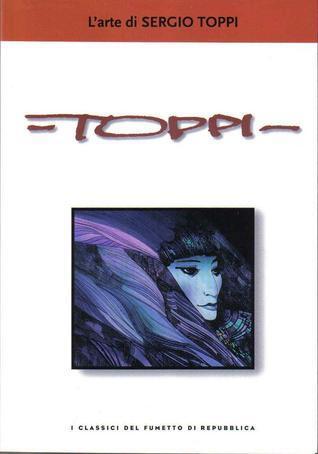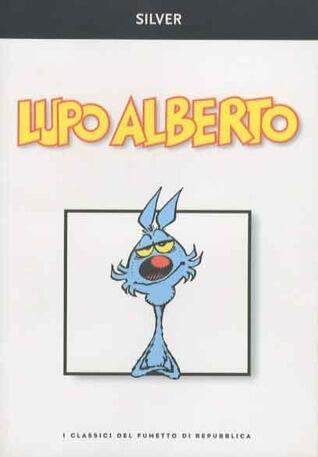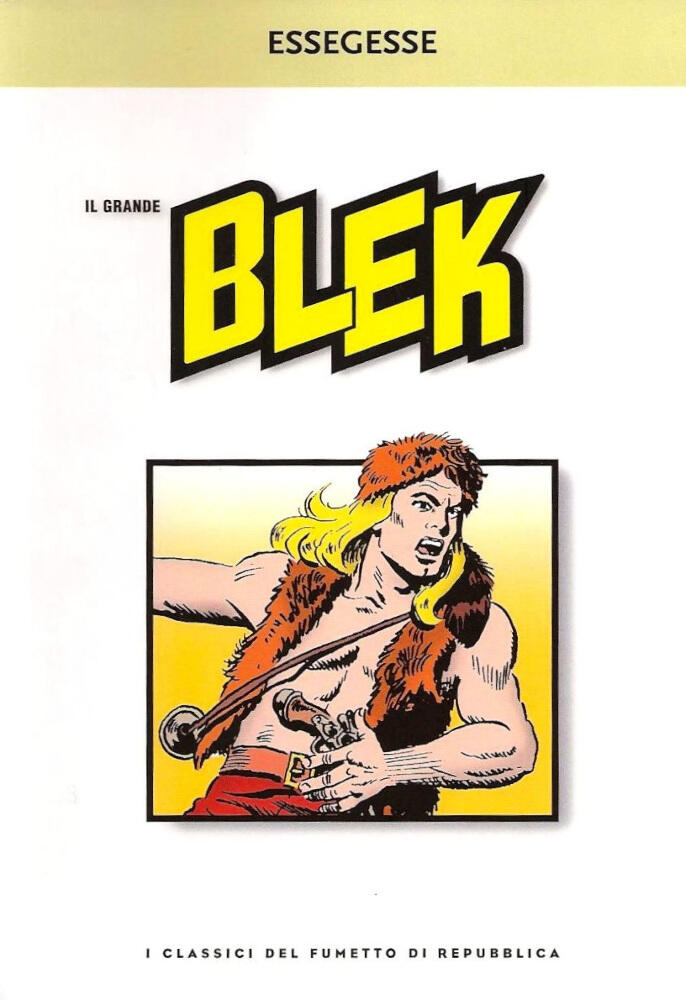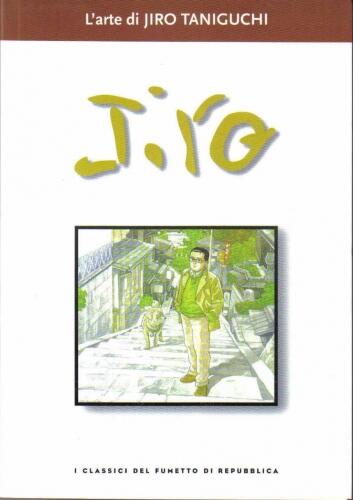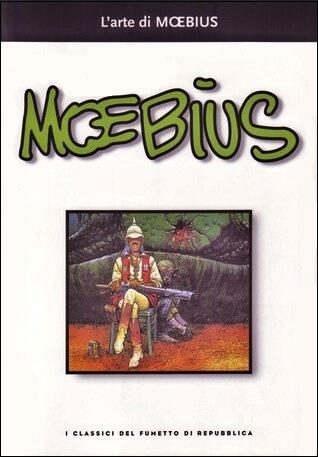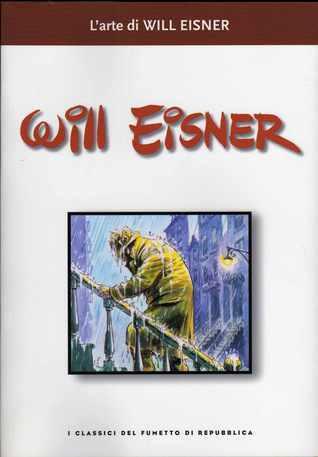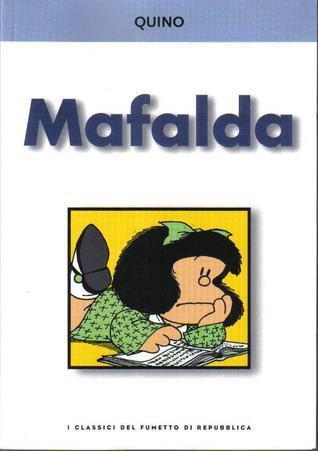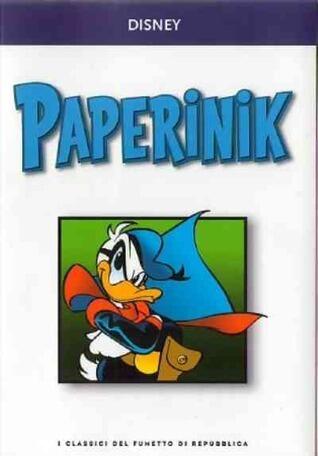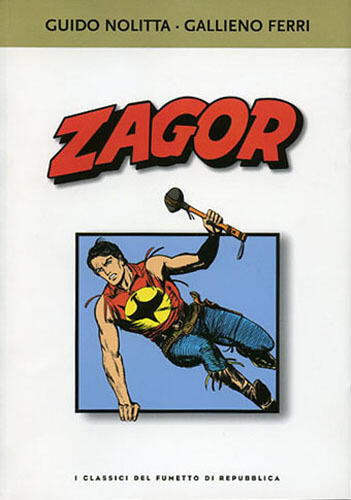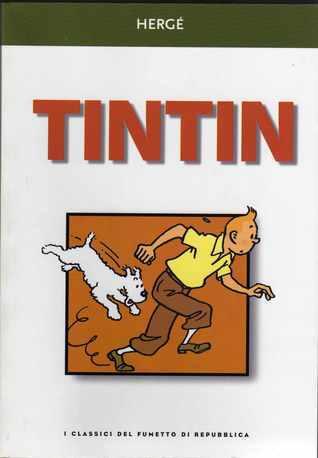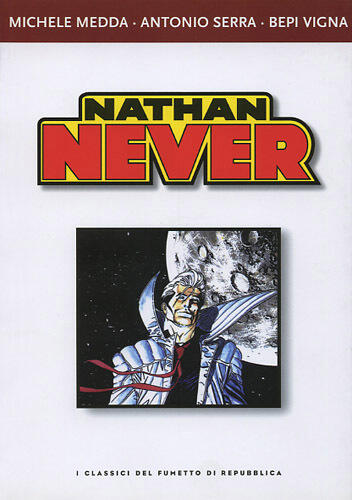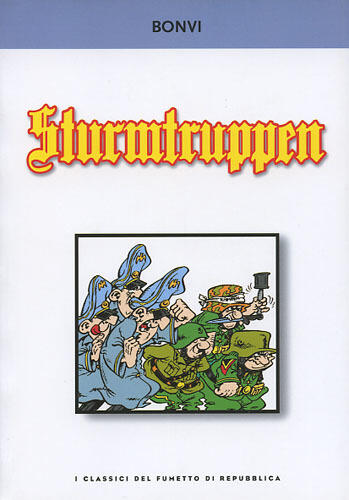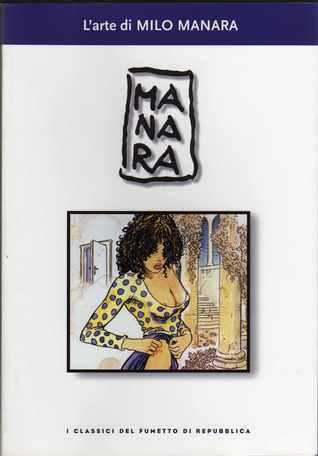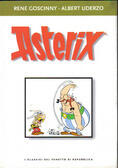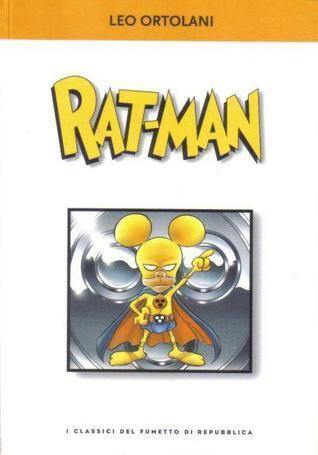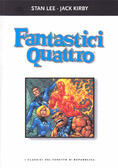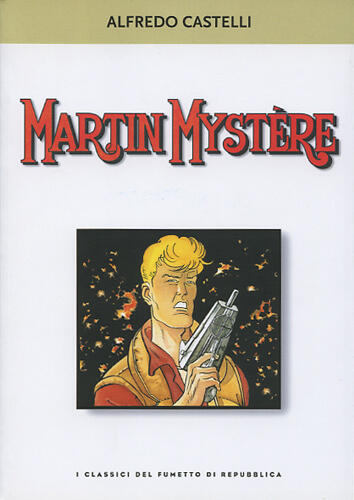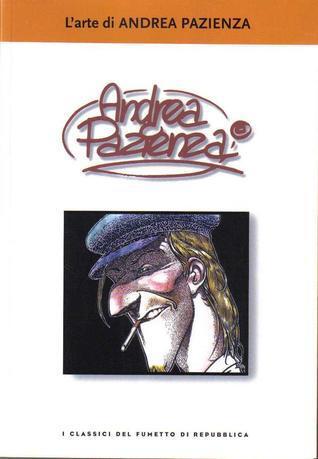
I classici del fumetto di Repubblica n. 48: L'arte di Andrea Pazienza
No ratings yet
Format
Paperback
Pages
223
Language
Italian
Published
Jan 16, 2004
Publisher
La Repubblica
Description
Andrea Pazienza's work is celebrated for its vivid artistry and complex narratives, and this collection serves as a fascinating exploration of his contributions to the world of comics. The readers are invited into a realm where the boundaries of humor and tragedy blur, showcasing Pazienza's unique ability to capture the essence of human experience through his drawings and stories.
This collection not only highlights his most iconic pieces but also provides insight into the artistic processes that shaped his distinctive style. The pages are filled with vibrant illustrations that leap from the page, each accompanied by narratives that resonate deeply with the themes of youth, rebellion, and the intricacies of life.
The compilation suggests a reflection on the impact of Pazienza's work on the Italian comic landscape, chronicling his role in challenging conventions and pushing artistic limits. As one delves deeper into this collection, they discover the nuances of Pazienza's characters and settings, each offering a glimpse into the mind of a creative genius who dared to defy norms.
Through a careful curation of his best works, readers are not just entertained; they are encouraged to engage with the larger questions Pazienza posed about society and culture. His legacy endures, making this collection a must-read for anyone interested in the art of storytelling in comics.
This collection not only highlights his most iconic pieces but also provides insight into the artistic processes that shaped his distinctive style. The pages are filled with vibrant illustrations that leap from the page, each accompanied by narratives that resonate deeply with the themes of youth, rebellion, and the intricacies of life.
The compilation suggests a reflection on the impact of Pazienza's work on the Italian comic landscape, chronicling his role in challenging conventions and pushing artistic limits. As one delves deeper into this collection, they discover the nuances of Pazienza's characters and settings, each offering a glimpse into the mind of a creative genius who dared to defy norms.
Through a careful curation of his best works, readers are not just entertained; they are encouraged to engage with the larger questions Pazienza posed about society and culture. His legacy endures, making this collection a must-read for anyone interested in the art of storytelling in comics.
Reviews
Reading Log
No reading logs found
Start tracking your reading progress to see logs here
Add Your First Reading LogNotes
Transaction Log
No transaction logs found
Start tracking your book transactions to see logs here
Add Your First Transaction Log